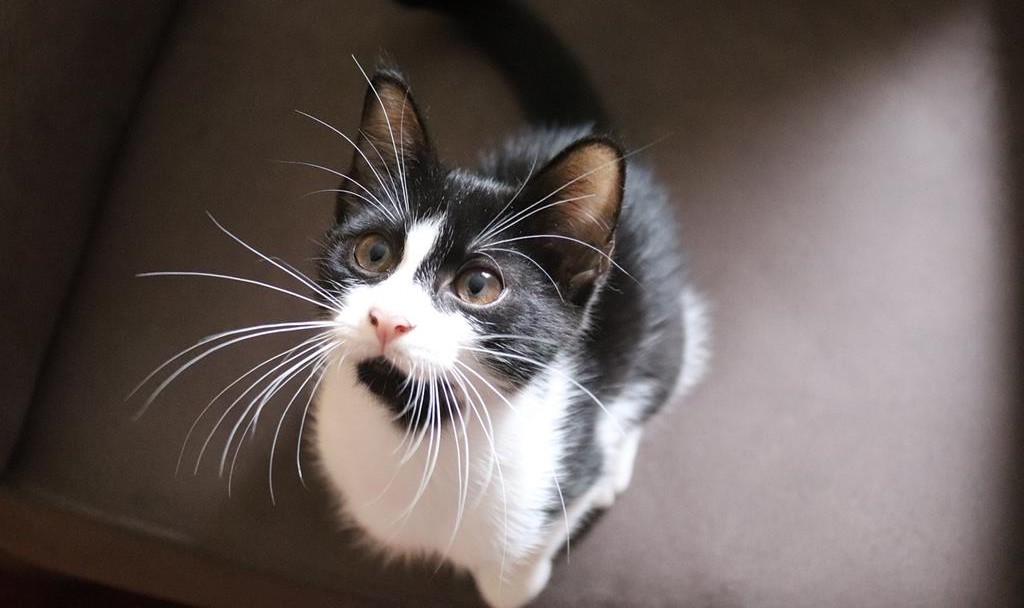Cats are obligate carnivores, which means that they thrive on a diet primarily composed of animal-based protein. While commercial cat food is formulated to meet their nutritional needs, many cat owners wonder if offering sardines as an occasional treat is a healthy choice for their feline companions. In this article, we’ll explore the nutritional benefits and considerations of feeding sardines to cats.
The Nutritional Benefits of Sardines for Cats
- Rich in Protein: Sardines are an excellent source of high-quality animal protein, which is essential for a cat’s overall health. Protein is vital for muscle maintenance, immune function, and energy.
- Omega-3 Fatty Acids: Sardines are packed with omega-3 fatty acids, such as EPA and DHA. These fatty acids have numerous health benefits for cats, including supporting heart health, reducing inflammation, and promoting healthy skin and a shiny coat.
- Vitamins and Minerals: Sardines contain essential vitamins and minerals like vitamin D, vitamin B12, calcium, and phosphorus. These nutrients are crucial for bone health, immune function, and overall well-being.
- Low in Carbohydrates: Sardines are naturally low in carbohydrates, which is ideal for cats since they have limited ability to digest and utilize carbohydrates.
- Palatability: Many cats find sardines to be highly palatable, making them a tasty treat that can stimulate appetite and encourage finicky eaters to consume their regular cat food.
Considerations When Feeding Sardines to Cats
- Portion Control: While sardines offer numerous health benefits, they should be given in moderation. Too much of any treat can lead to an unbalanced diet and potential health issues.
- Bones: Sardines are usually served whole, including the bones. The small, soft bones in sardines are generally safe for cats to consume and can provide additional calcium. However, some cats may have difficulty digesting bones or might not tolerate them well. If you’re concerned, you can opt for boneless sardines or remove the bones before serving.
- Salt Content: Sardines often come packed in salt or brine. Excessive salt intake can be harmful to cats and may lead to dehydration or kidney problems. When offering sardines to your cat, choose those packed in water or look for low-sodium options.
- Allergies and Sensitivities: Like any new food, sardines may trigger allergies or sensitivities in some cats. It’s a good idea to introduce them gradually and observe your cat’s reaction. If you notice any signs of digestive upset or allergic reactions, discontinue feeding sardines.
- Complete and Balanced Diet: Sardines should never replace your cat’s regular cat food. While they can be a tasty and nutritious addition to their diet, commercial cat food is specially formulated to meet all of their nutritional needs. Use sardines as an occasional treat or supplement, not as a primary food source.
Conclusion
In moderation, sardines can be a healthy and enjoyable addition to your cat’s diet. They offer a protein-rich, omega-3 fatty acid boost, and a range of essential vitamins and minerals. However, it’s crucial to exercise caution when feeding sardines to your cat, paying attention to portion control, bone content, salt levels, and any adverse reactions. Always consult with your veterinarian before making significant changes to your cat’s diet, and consider sardines as an occasional treat to complement their regular, well-balanced cat food. When offered responsibly, sardines can be a delightful and nutritious treat that your feline friend will appreciate.



